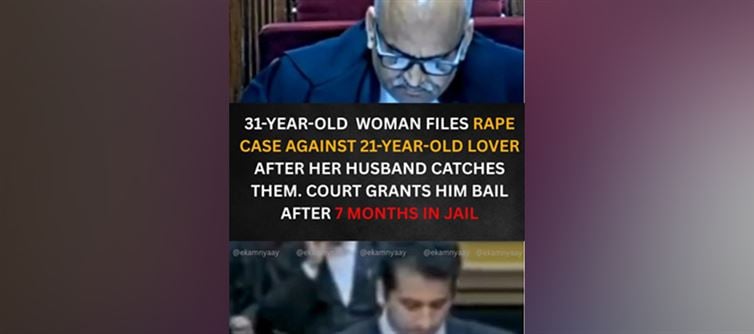
The background of the case reveals a tangled web of personal and legal issues. According to the court proceedings, the woman claimed that the man forcibly entered her home and committed the act while she was asleep, a claim that led to his initial incarceration. However, further details emerged during the legal process, including the woman's admission of staying with the man overnight after the incident and the lack of physical injuries, which raised questions about the consensual nature of their relationship. The defense argued that the delay in reporting the incident and the woman's actions post-event suggested a consensual relationship rather than a non-consensual one, leading the court to reconsider the man's bail application as of august 4, 2025.
This case has sparked discussions on the broader implications for legal systems dealing with allegations of sexual assault, particularly when they intersect with personal relationships and marital dynamics. The court's decision to grant bail after such a prolonged period of incarceration highlights the challenges of balancing the presumption of innocence with the seriousness of rape allegations. It also brings to light the potential for personal vendettas or societal pressures to influence legal outcomes, especially in cases where the accused and the accuser have a pre-existing relationship.




 click and follow Indiaherald WhatsApp channel
click and follow Indiaherald WhatsApp channel